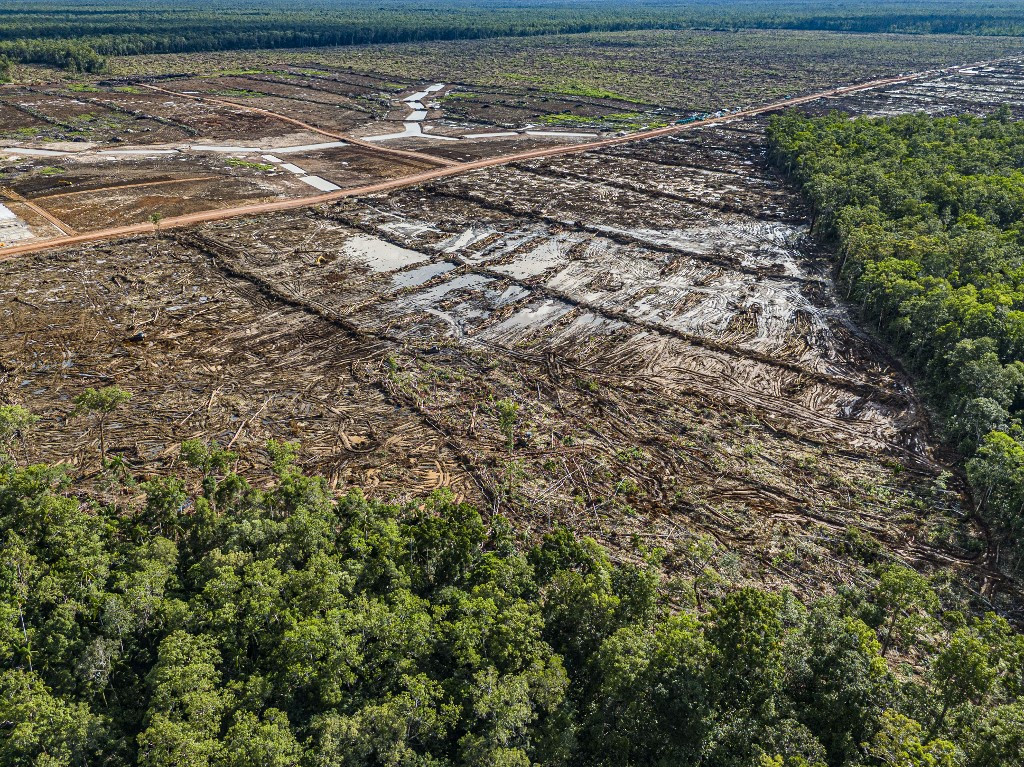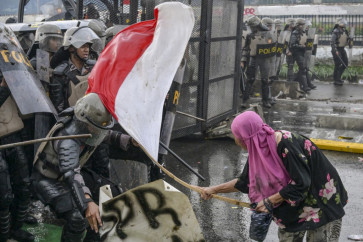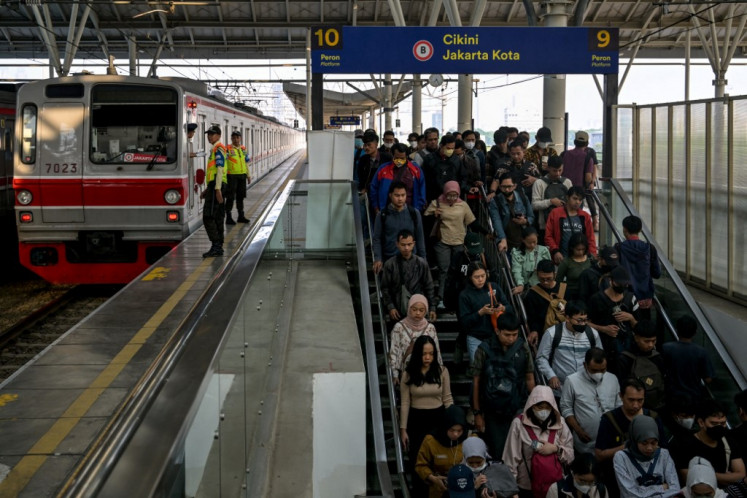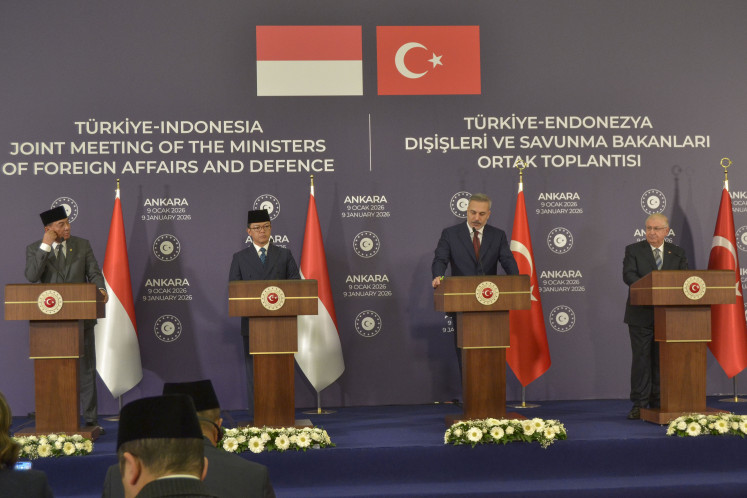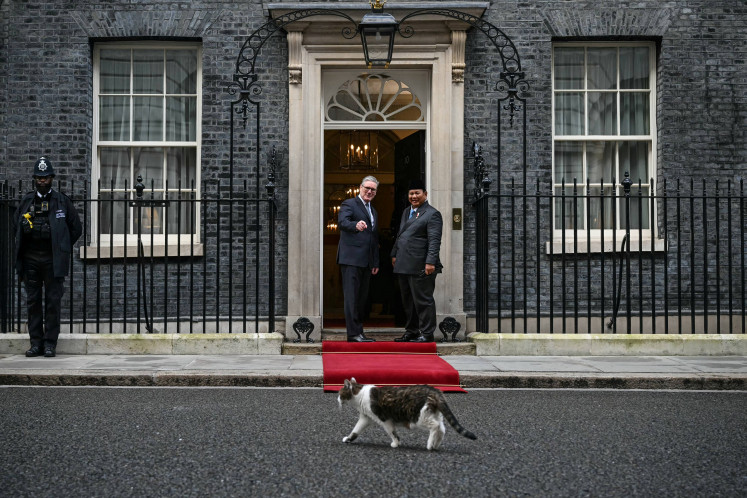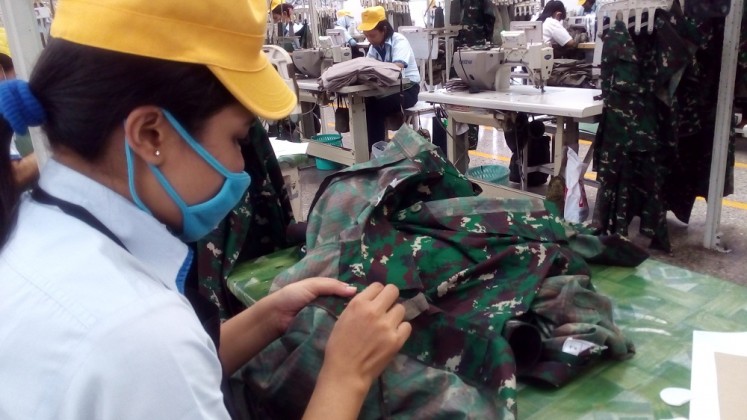Popular Reads
Top Results
Can't find what you're looking for?
View all search resultsPopular Reads
Top Results
Can't find what you're looking for?
View all search resultsThe self-sufficiency agenda and the ecological paradox
After one year, Prabowo’s natural resource policies stand in the shadow of an ecological paradox.
Change text size
Gift Premium Articles
to Anyone
P
resident Prabowo Subianto began his administration a year ago with a bold promise: self-sufficiency in food, energy and water. These three pillars were presented as the foundation of national sovereignty, resilience and prosperity, as echoed in his speech at the 80th United Nations General Assembly.
Yet natural resource-based self-sufficiency always involves extraction that transforms natural landscapes. It often depends on controlling, simplifying and exploiting forests, rivers and soil that can destroy the ecologies that underpins them.
In On the Nature of Ecological Paradox, Michael Tobias reminds us that such promises contain an ecological paradox. Human progress, he writes, inevitably transforms the environment. Efforts to fix one problem often worsen another. Our success in survival has paradoxically created a biodiversity crisis and isolated us from the ecosystems we depend on. Even “sustainability” can be a paradox because preserving one part of nature is achieved at the expense of another.
Prabowo pledged to achieve food self-sufficiency, especially in rice, corn and sugar, framing it as a matter of sovereignty and affordability for millions. Noble in intent, this goal is often pursued through land expansion: clearing peatlands, draining wetlands and prioritizing monoculture plantations.
The ecological paradox emerges when forests are redefined as farmland. Earlier this year, the President argued that expanding oil palm plantations is not deforestation because “oil palms are trees, they have leaves.” The statement sparked protests, as it equated forest ecosystems with monoculture plantations and justified further forest conversion.
In practice, the quest for food independence risks deepening long-term ecological vulnerabilities. Monocultures deplete soil fertility, disrupt hydrology and create dependence on fertilizers and pesticides. What appears abundant today may soon yield scarcity, leaving a nation with full granaries but impoverished ecosystems.
If food is a matter of the stomach, energy is like the muscles of a nation. Prabowo has promised energy self-sufficiency within five years, a 15-year phasing out of coal-fired power plants and massive investment in new and renewable energy, electric car batteries and downstream industries. Indonesia will not only meet its own fuel needs, he asserted, but also supply the world with green technology.

